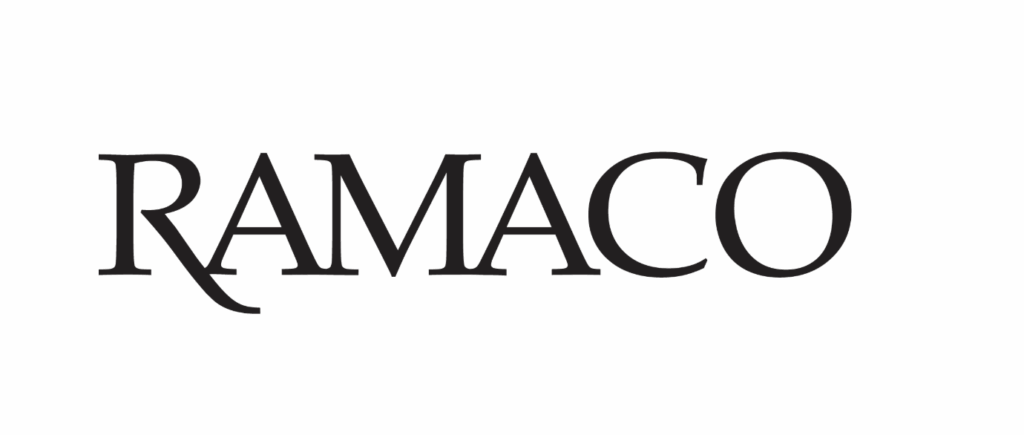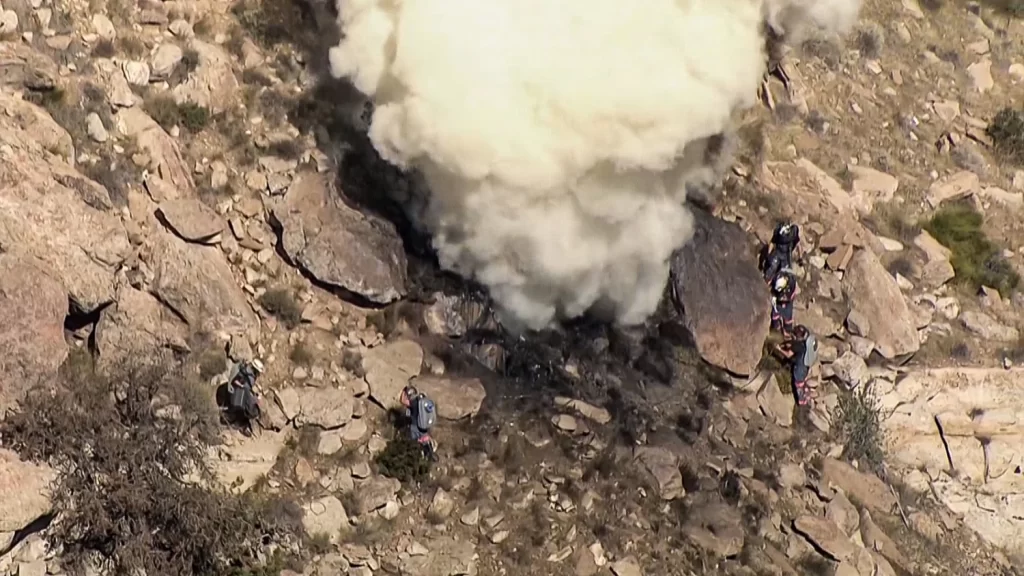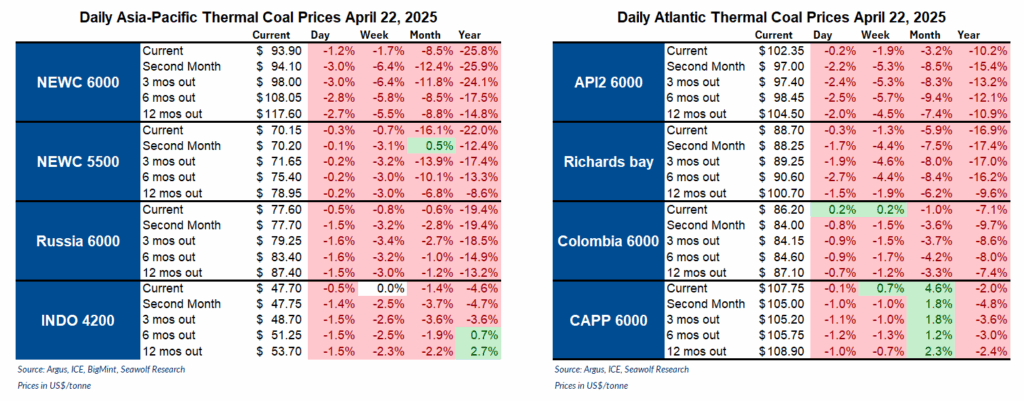The United States Treasury Department has broadened its sanctions against Russian coal enterprises, which is expected to significantly impact the global coal market. The latest entities to face these sanctions include Elga, Coalstar, and the Mairykhsky open-pit mine. This move adds to the already stringent measures placed on major players like SUEK, Mechel, and Sibantracite earlier.
The Elga coal complex, which boasts 2.2 billion tons of coking coal under the JORC classification, has seen its production soar to nearly 23 million tons in 2023, marking a 10.5% increase from the previous year. However, Elga faces several operational challenges due to the sanctions, including disruptions in production and exports, as well as setbacks to infrastructure projects such as the company’s rail extension to Chumikan port in the Far East, a critical component of the Elga project aimed at enhancing its logistical capabilities.
Coalstar, another targeted entity, had been progressing on significant projects such as the Bogatyr open-pit mine in the Novosibirsk region and the Aurora and Coalstar sea terminal projects in the Far East. The Bogatyr mine, with its 300 million tons of high-quality anthracite and 2.4 billion tons of projected resources, was expected to start in 2024. These sanctions could delay or halt these developments, further tightening the market’s supply.
Mairykhsky open-pit mine, which recently transitioned from Coalstar’s control, has seen a significant reduction in output, dropping to 2.0 million tons in 2023, a 29% decrease from the previous year. This mine, with its extensive thermal coal reserves and a production capacity exceeding 4 million tons per year, faces critical operational hurdles that could lead to further cutbacks in production.
The cumulative effect of these sanctions is stark. With major Russian coal exporters like SUEK, Mechel, Sibanthracite, Elga, Coalstar, and Mairykhsky now under US sanctions, approximately 60 million tons of Russian coal export capacity could be removed from the global market in 2024. This figure could rise to between 80 and 90 million tons over time if sanctions persist and projects are delayed. This represents about 30% of Russian coal exports, leading to a significant imbalance in the global supply and demand for high-quality coal, including thermal coal, metallurgical coal, PCI, and anthracite.
The sanctions have also exacerbated logistical bottlenecks, particularly affecting the BAM and Trans-Siberian Railway, crucial for transporting coal to Far Eastern ports. These ports are strategically important for reaching Asia-Pacific markets, where freight costs are lower. However, the combination of low coal prices and high transportation and handling costs at these ports could render many export operations unprofitable. This economic squeeze is forcing Russian coal companies to reconsider their export strategies, reduce production levels, and in some cases, shut down operations or abandon new projects.









